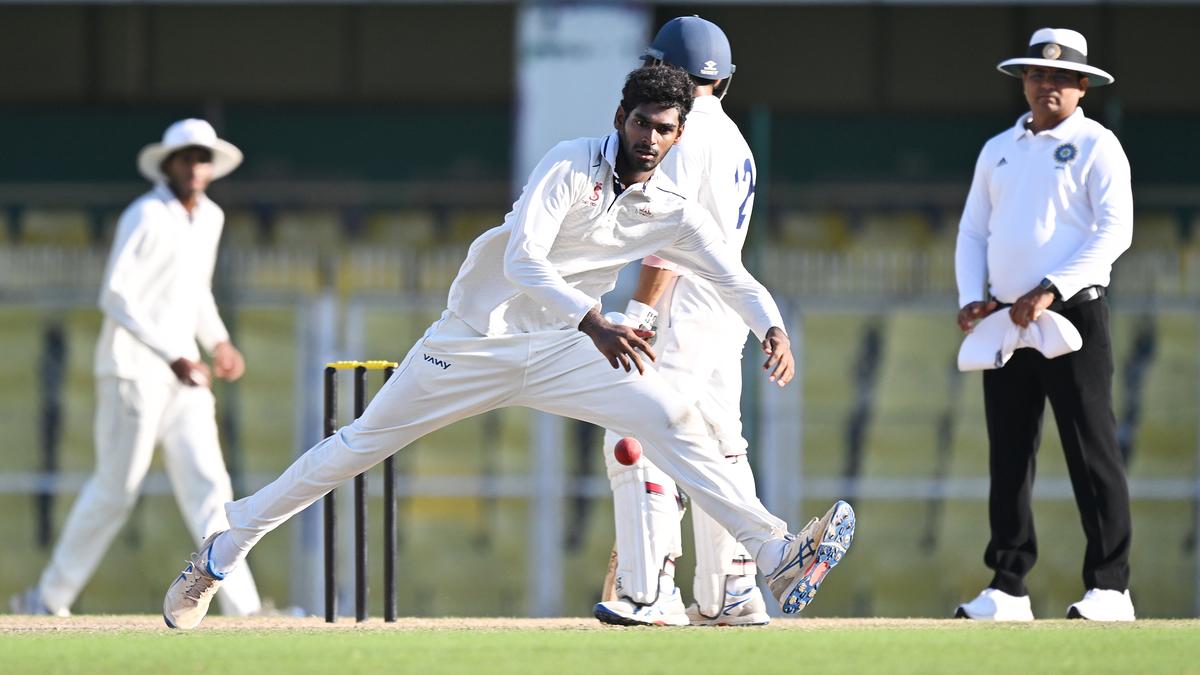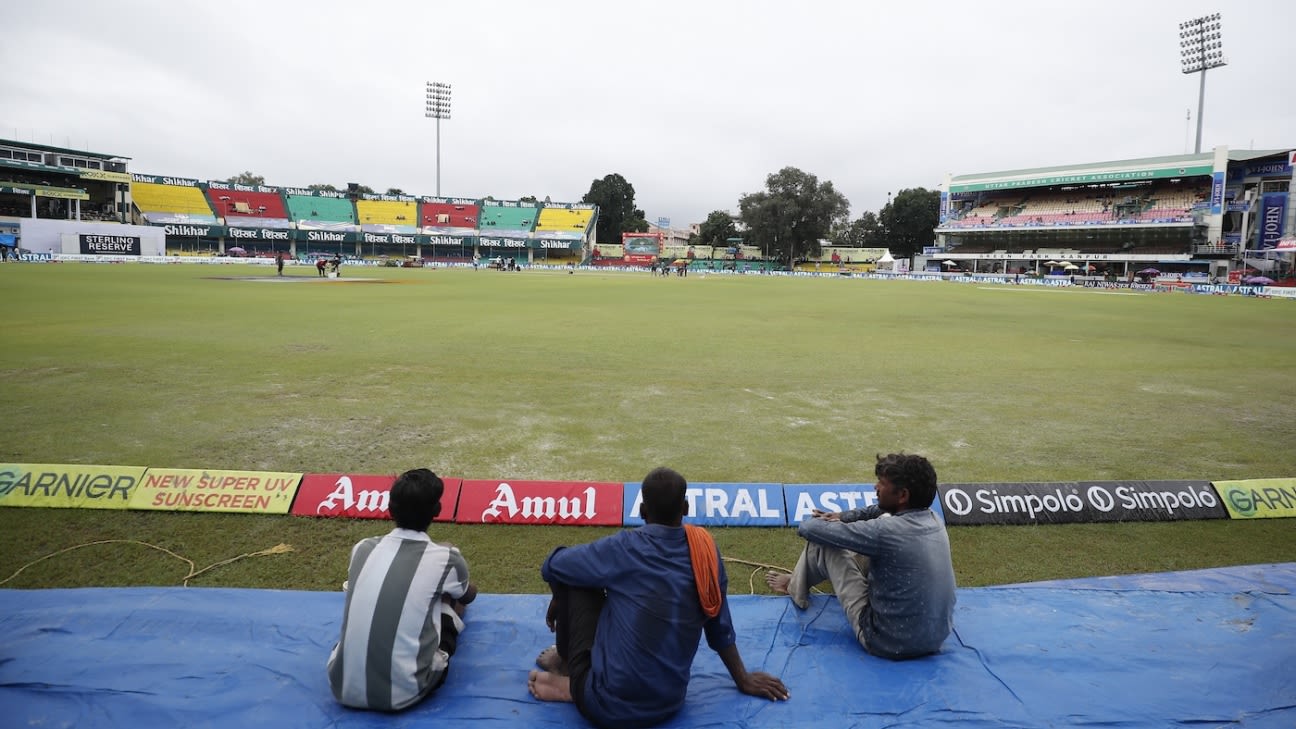New Zealand’s Abrupt Withdrawal from Pakistan Series: A Blow to International Cricket
New Zealand’s sudden withdrawal from their limited-overs series in Pakistan in September 2021 sent shockwaves through the cricketing community. The decision, made just minutes before the start of the first ODI in Rawalpindi, was prompted by a security threat.
The New Zealand Cricket Board (NZC) stated that concerns for their players’ safety prompted the withdrawal. The highly anticipated tour, which would have been New Zealand’s first visit to Pakistan in 18 years, included three ODIs and five T20Is.
Just before the first match, NZC received information about a credible security threat. After consulting with security officials and the New Zealand government, the board decided to cancel the entire series and quickly arranged for the team to leave Pakistan.
“Player safety is paramount, and following an escalation in the threat level, we felt it was the only responsible course of action,” said David White, the NZC Chief Executive.
The Pakistan Cricket Board (PCB) expressed disappointment over the abrupt pullout, especially considering the extensive security measures they had implemented for the tour. Pakistan had made significant efforts to ensure a safe environment for the series, providing high-level security comparable to that offered to visiting heads of state.
However, New Zealand’s concerns about the threat took precedence over these precautions. The withdrawal dealt a significant blow to Pakistan’s efforts to regain the trust of international cricket boards after years of being sidelined from hosting top teams due to security concerns.
The PCB had worked diligently in recent years to bring international cricket back to Pakistan, making this sudden cancellation a setback for those efforts. The incident also sparked broader discussions about the future of international cricket tours in the country.
The withdrawal highlighted the ongoing challenges faced by Pakistan in hosting international cricket matches. Despite the PCB’s efforts to improve security, the perception of risk remains a significant obstacle. The incident also raised questions about the role of intelligence agencies in providing timely and accurate information to cricket boards.






